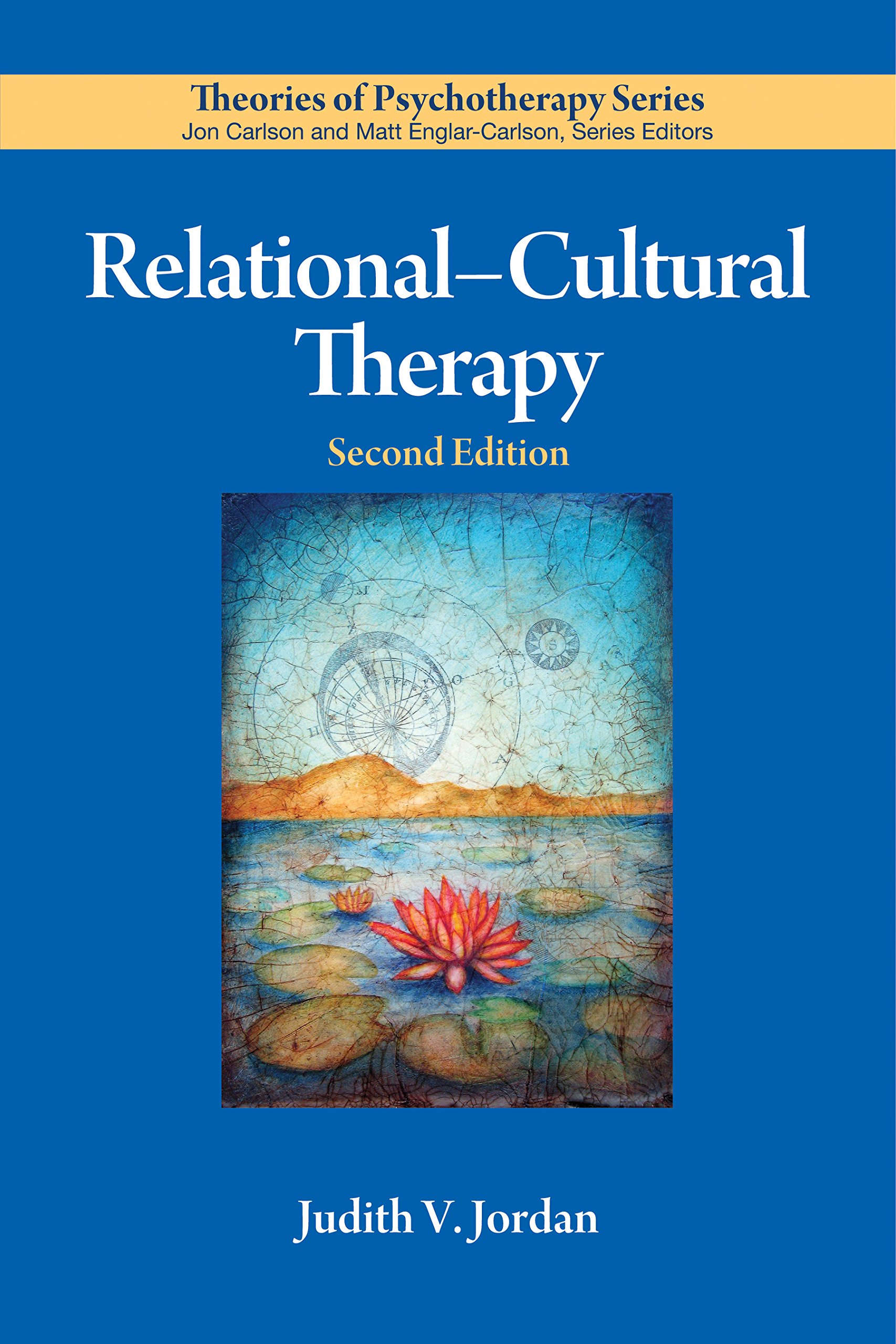
Judith V. Jordan
Senior Scholar
- Ph.D., Harvard University
Founding theorist and practitioner of Relational-Cultural Theory; director of Jean Baker Miller Training Institute
Judith V. Jordan, Ph.D., was the director of the Jean Baker Miller Training Institute (JBMTI) at the Wellesley Centers for Women. She had been a founding scholar and was one of the creators for the nationally recognized psychological theory known as Relational-Cultural Theory. In addition to her position at WCW, Jordan was an assistant professor of psychiatry at Harvard Medical School. She was the director of Psychology Training as well as the director of the Women's Studies program at McLean Hospital. She had spent a large part of her career working with her colleagues, the late Jean Baker Miller, the late Irene Stiver, and Jan Surrey on the development of what has come to be known as the relational-cultural model of development.
After graduating Phi Beta Kappa and magna cum laude from Brown University, Jordan earned her Ph.D. in clinical psychology at Harvard University where she received commendation for outstanding academic performance.
Jordan authored the book Relational-Cultural Therapy in 2010 as part of the American Psychological Association's "Theories of Psychotherapy" series. Dr. Jon Carlson, series co-editor, lauded Relational-Cultural Theory as "One of the ten most important psychological theories today." Jordan co-authored Women's Growth in Connection and edited Women's Growth in Diversity, The Complexity of Connection, and The Power of Connection.
Jordan had written, lectured, and conducted workshops nationally and internationally on the subjects of women's psychological development, gender differences, mothers and daughters, mothers and sons, empathy, psychotherapy, marginality, diversity, mutuality, courage, competence and connection, women's sexuality, gender issues in the workplace, relational practice in the workplace, new models of leadership, traumatic disconnections, conflict and competition, and a relational model of self.
Jordan believes the existing structures of psychology characterized by a separate-self model of development are destructive to women and the fabric of community for all people. By carefully studying women's lives and women's struggles, she is creating new models of human development which hopefully will help transform the destructive social impact of competition, hyper-individualism, racism, sexism, heterosexism, and classism. The practice of mutual empathy is directly related to the promotion of social justice, as is the belief that growth fostering connections are at the core of human development. While most of her early work arose in the context of the practice of psychotherapy, increasingly she is applying this work to organizations and to social change.
Jordan was the recipient of the 2010 Distinguished Psychologist Award from the American Psychological Association "in recognition of her outstanding accomplishments and significant lifetime contributions to the field of psychotherapy," as well as the Massachusetts Psychology Association's Career Achievement Award for Outstanding Contributions to the Advancement of Psychology as a Science and a Profession.
Jordan was also selected as the Mary Margaret Voorhees Distinguished Professor at the Menninger School of Psychiatry and Mental Health Science in the Spring of 1999. She received the annual psychiatric resident's "outstanding teacher of the year" award at McLean Hospital and is included in Who's Who in America. She was awarded an honorary Doctor of Humane Letters from New England College (2001) with "utmost admiration for her contribution to science and the practice of psychology." Jordan also received a Special Award from the Feminist Therapy Institute "in recognition of outstanding contributions to the development of feminist psychology" (2002).




